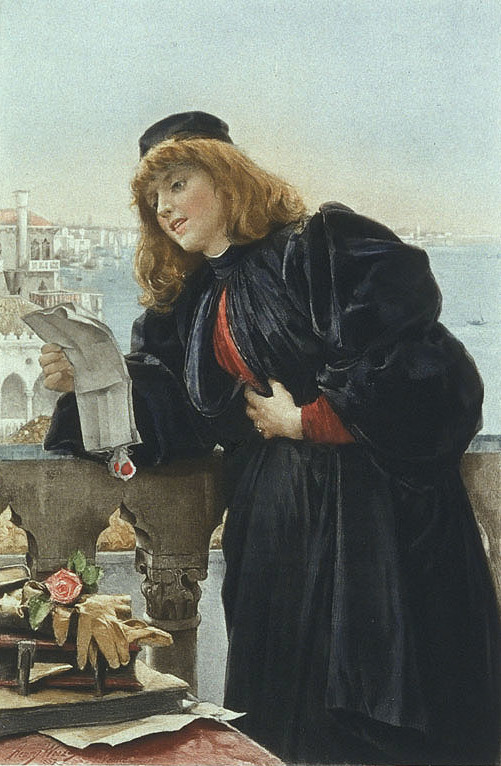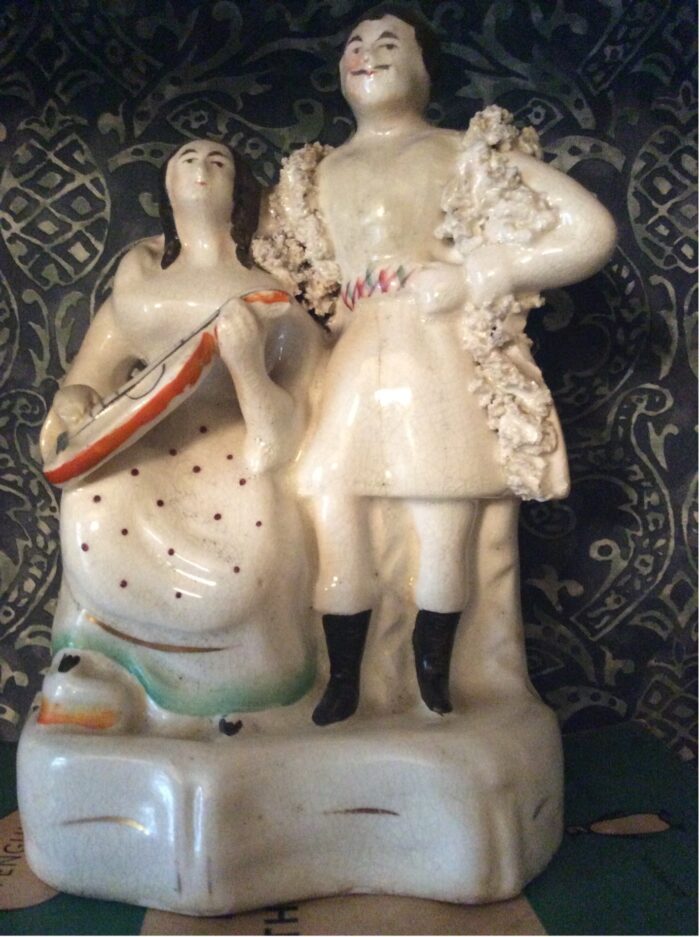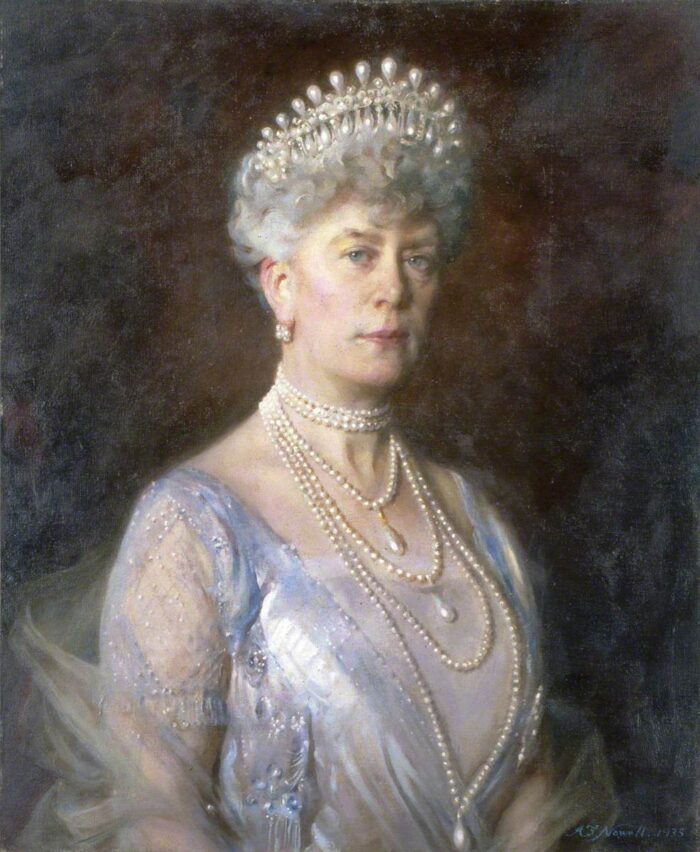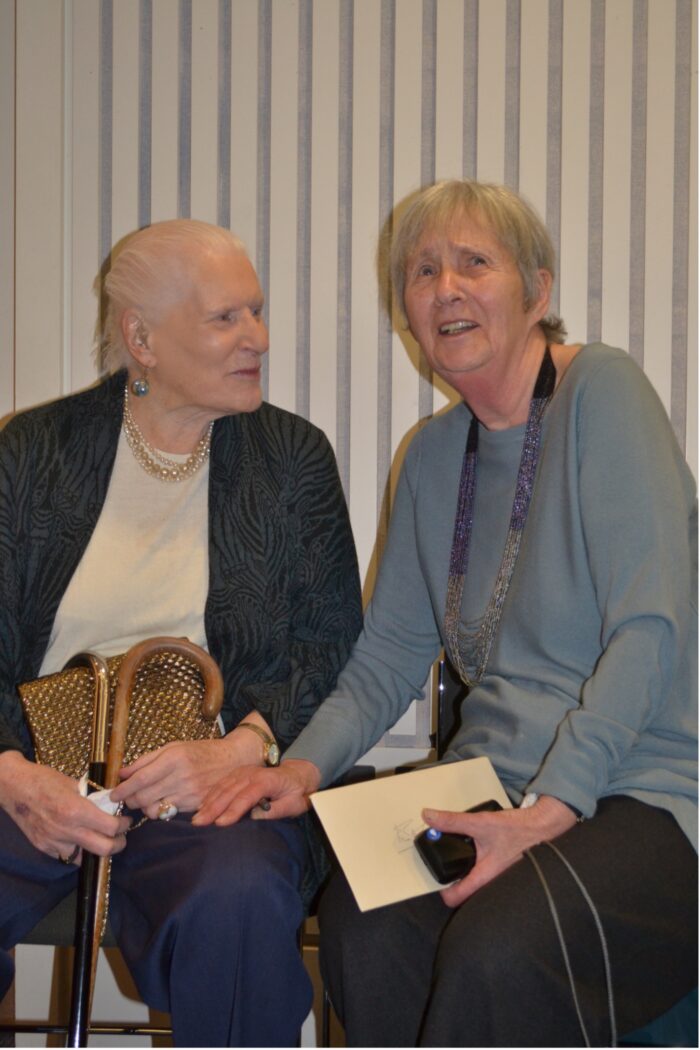When, in her acceptance speech at the Mark Twain Prize ceremony, the comedian Julia Louis-Dreyfus made that wonderful show of resentment at not having been cast as Portia (something which may or may not have happened, but makes a spectacular comic sequence) I thought a little uneasily of my own set-in-concrete grudge and wonder whether anyone gets through life grudgeless.

My guess is there will be people with happy and forgiving temperaments who quickly shake off resentments and also that, where grudges do exist, they often date back to childhood. But not in my case. At ninety years old, the knowledge that a very different account of the source of my grudge will become public, leads me to the curious position of refuting a book in advance of its publication.
The highly esteemed biographer Carole Angier and I do not see eye to eye about her latest subject, Diana Athill. For Carole (who I know and like) Diana could do no wrong, though she tells me that, after two years of research, she now has a more nuanced view. For me, who enjoyed Diana’s company for over thirty years (see Remembering Diana), she has always been a mixed bag: a lot of fun but risky to be around. Autolycus incarnate a picker-up of unconsidered trifles (which included people’s husbands) and entirely conscience-free.

What a gift not to be troubled by doubts about one’s entitlement to behave badly. The Queen Mary syndrome. It seems that wherever she went she helped herself to whatever took her fancy and no one, of course, felt able to stop her.

So, like so much else in this country, it’s a class-thing. Diana was not royalty but she has become a national treasure and her version of events will always prevail.
For a first-hand record of Diana at her best and her worst, future generations will be able to look at the mass of papers (thirty years of correspondence between us) now lodged with the Reading University archive and decide for themselves.
